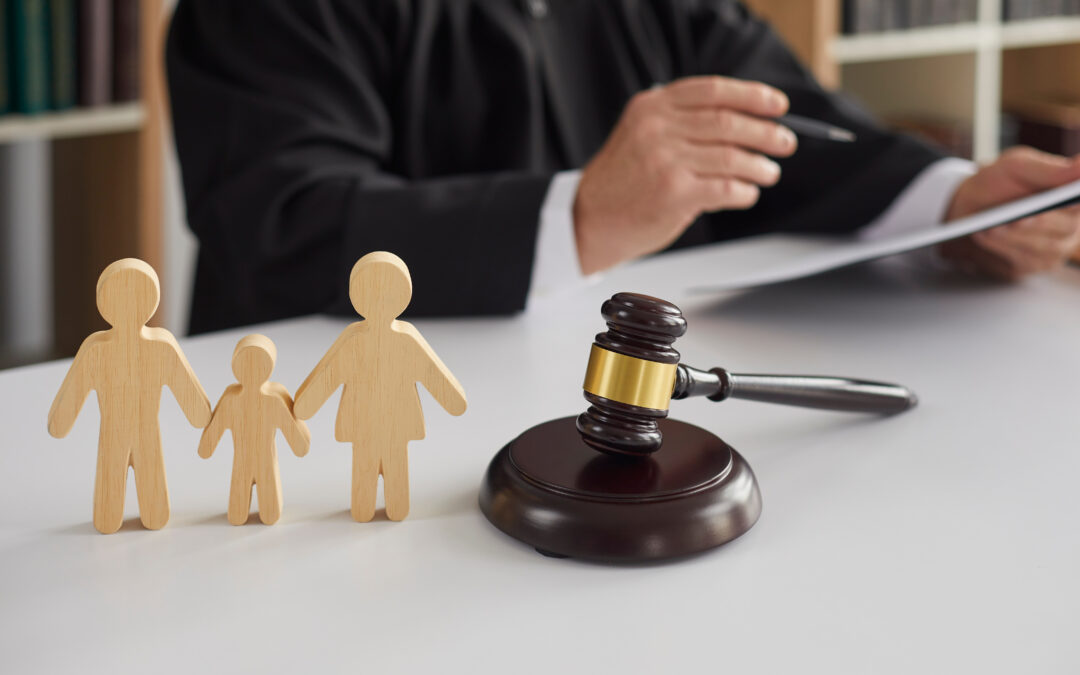 In a divorce and afterwards, you may experience heightened concerns about your spouse’s parenting abilities. Courts utilize a best interests of the child standard in deciding which parent should have custody. To the court, the most important factor will be “[e]ach parent’s ability to cooperate with the other parent and to encourage a relationship with him or her, when it is safe to do so.” As a result, they will not support a parent who is trying to get in the way of the other parent’s relationship with the children without a showing of abuse or neglect of the children.
In a divorce and afterwards, you may experience heightened concerns about your spouse’s parenting abilities. Courts utilize a best interests of the child standard in deciding which parent should have custody. To the court, the most important factor will be “[e]ach parent’s ability to cooperate with the other parent and to encourage a relationship with him or her, when it is safe to do so.” As a result, they will not support a parent who is trying to get in the way of the other parent’s relationship with the children without a showing of abuse or neglect of the children.
From a practical standpoint, a parent may risk losing custody or face other repercussions if he/she interferes with the other parent’s relationship particularly if the actions rise to the level of parental alienation. In essence, parental alienation can occur when a child refuses to see their other parent and it is demonstrated that your behaviors created or exacerbated that child’s animosity towards his/her other parent.
Criticizing your ex to your children, being difficult about scheduling visits between your children and their other parent, or pressuring your children to pick your side in the divorce can be used against you in court. As a result, parents should be very careful about how they conduct themselves with their ex and their children. The reality is that even if you feel you are justified in your actions because of your ex’s bad parenting, you can put yourself in a much worse position with respect to custody and visitation if you do things that interfere with the relationship that the children have with their other parent.
On the other hand, if there are instances of abuse or neglect of the children by your spouse, these need to be discussed with your attorney so that their best interests are protected through court action.
The takeaway for divorcing and divorced parents is that they should seek legal advice whenever they are concerned about the parenting abilities or actions of the children’s other parent, and they should not limit or poison interactions between parent and child in any way. Whether you consider your children’s other parent a good parent or not, he/she has legal rights to custody/visitation. You should document instances of troubling behavior and consult an attorney to discuss how to address your concerns. Developing appropriate proof is essential to protecting your parenting rights especially if abuse or neglect is involved.
If you are experiencing conflicts with your ex regarding child custody or visitation, contact us for consultation.

